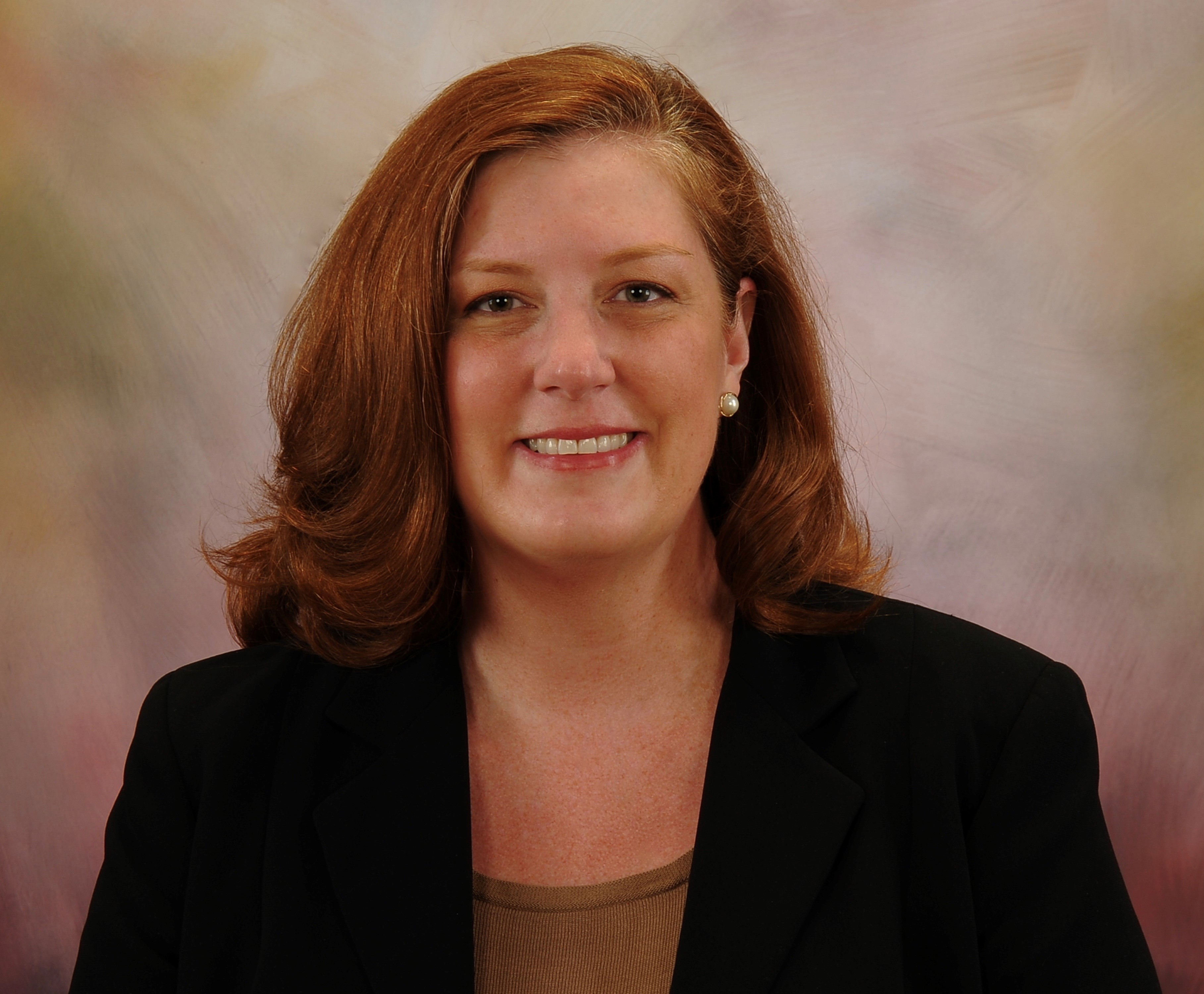Are Birth Mothers Satisfied with Their Decisions to Place Children for Adoption? Time Will Tell, Study Says
Baylor research reveals effects of time, age, education and income on birth mothers’ satisfaction following ‘life-altering’ decision
Media Contact: Eric M. Eckert, 254-710-1964
Follow Eric on Twitter at @EricBaylorU
Follow Baylor Media Communications on Twitter: @BaylorUMedia
WACO, Texas (June 6, 2018) – New research findings from Baylor University’s Diana R. Garland School of Social Work could change the adoption landscape for birth mothers struggling with the life-altering decision to place their children.
There is consensus among adoption researchers that for many birth mothers the experience of placing their children for adoption brings feelings of grief, loss, shame, guilt, remorse and isolation. Any level of satisfaction (or lack thereof) in such a decision varies. But how is that level of satisfaction – that feeling that the right decision was made – affected by time?
“Little is known about the interaction of these two variables,” said Elissa Madden, Ph.D., associate professor of social work at Baylor and lead author of the study, "The Relationship Between Time and Birth Mother Satisfaction with Relinquishment." Much of Madden’s research focuses on the birth mother experience in the adoption process – an area, she said, has historically been underrepresented.
“This article seeks to address a clear void in the literature,” she said, “and we hope it has some implications for future practices and adoption policies.”
The research, published in the journal Families in Society, centers on data from an online survey of 223 birth mothers who had relinquished an infant for adoption during the last 25 years. This time period was selected because it reflects an increased acceptance and emphasis on open adoption arrangements between birth and adoptive parents, according to the study.
Of those surveyed, nearly seven out of 10 reported periodic contact with the adopted child; most parents (94 percent) reported only a single child relinquished; a majority (56 percent) parented other children after the relinquishment; and on a scale of 1 to 5, participants reported a mean satisfaction with relinquishment score of 3.11.
Among the study’s findings:
1. Satisfaction is not static.
While many birth mothers reported satisfaction with their decision, the findings show that the more time that has passed since the birth mothers placed their child, the less overall satisfaction some birth mothers felt. Some prior research suggests birth mothers’ grief and adjustment attenuates with the passage of time. However, the researchers note “the findings of this analysis highlight the importance of not confusing birth mother’s satisfaction with her decision and the feelings of loss that she may feel about the placement.”
A birth mother may feel she made the right decision regarding placement and yet still experience ongoing feelings of loss and grief even years later, Madden said.
2. Age had an inverse relationship with satisfaction.
“As with time since the relinquishment, age of the respondents predicted an incremental decrease in satisfaction for every year they have aged,” researchers wrote. “It may be that the distance afforded by time, along with the internal resources and perspective that often comes with age, may have provided an opportunity for birth mothers to look back and reflect on what could have been.”
3. Higher education and higher income led to decreased satisfaction.
“It is possible that birth mothers who have achieved educational and/or financial success may now feel dissatisfaction with their decision to place their child as they now believe, in retrospect, that they would have been able to acquire sufficient resources necessary to successfully parent their child,” researchers wrote.
Additionally, the researchers noted that some birth mothers may feel that educational and financial success may have been achieved “at the expense of their opportunity to parent their child.”
4. Birth mothers who have current contact with their child were more likely to express satisfaction with their decision.
“Prior research suggests that for some birthmothers, having contact with the child helps reduce feelings of anxiety about the child’s life and well-being, worries they may be having about the child feeling abandoned, and/or guilt about their decision,” the researchers wrote.
5. Birth mothers who work full-time were more likely to express increased satisfaction.
“While the rationale for this finding is not immediately clear,” the researchers wrote, “it is possible that birth mothers who are employed full-time have achieved personal fulfillment or otherwise found success through their employment. It is also possible that for some birth mothers, there is recognition that they have less time or perhaps fewer resources for parenting and thus are more satisfied with their decision to place their child.”
What are the implications of this research?
Madden said there are long-term consequences for all members of the adoption triad – birth mothers, those seeking to adopt, and adoptees. She said, specifically, that adoption professionals need to be well-versed in the positive and negative repercussions for birth mothers.
“Adoption professionals must be especially attuned to the needs and concerns of expectant mothers who seek their counsel, as many lack a full understanding of their options,” Madden said, reflecting on her earlier research.
Madden and her fellow researchers believe this study and others like it could lead to changes in the adoption process. They suggest:
- Annual “grief and loss” training for adoption professionals
- State and federal policies ensuring birth mothers have access to ongoing post-relinquishment support services
- Free grief support groups for all birth mothers
- Adoption of national standards to ensure that expectant mothers and prospective adoptive parents receive standardized information detailing the benefits of ongoing post-adoption contact
- Stipends for expectant mothers to hire independent legal counsel to represent the mothers at the relinquishment and during sensitive discussion regarding post-adoption contact
ABOUT THE STUDY
"The Relationship Between Time and Birth Mother Satisfaction with Relinquishment" is published in the journal Families in Society. Authors are Elissa Madden, Ph.D., associate professor, Diana R. Garland School of Social Work, Baylor University; Scott Ryan, Ph.D., professor and dean, School of Social Work, University of Texas at Arlington; Donna M. Aguiniga, Ph.D., associate professor, School of Social Work, University of Alaska – Anchorage; Michael Killian, Ph.D., assistant professor, School of Social Work, University of Texas at Arlington; and Brenda Romanchik, L.C.S.W., independent practitioner.
ABOUT BAYLOR UNIVERSITY
Baylor University is a private Christian University and a nationally ranked research institution. The University provides a vibrant campus community for more than 17,000 students by blending interdisciplinary research with an international reputation for educational excellence and a faculty commitment to teaching and scholarship. Chartered in 1845 by the Republic of Texas through the efforts of Baptist pioneers, Baylor is the oldest continually operating University in Texas. Located in Waco, Baylor welcomes students from all 50 states and more than 80 countries to study a broad range of degrees among its 12 nationally recognized academic divisions.
ABOUT DIANA R. GARLAND SCHOOL OF SOCIAL WORK
Baylor University’s Diana R. Garland School of Social Work is home to one of the leading graduate social work programs in the nation with a research agenda focused on the integration of faith and practice. Upholding its mission of preparing social workers in a Christian context for worldwide service and leadership, the School offers a baccalaureate degree (B.S.W.), a Master of Social Work (M.S.W.) degree and three joint-degree options, M.S.W./M.B.A., M.S.W./M.Div. and M.S.W./M.T.S., through a partnership with Baylor’s Hankamer School of Business and George W. Truett Theological Seminary, and a Ph.D. program. Visit www.baylor.edu/social_work to learn more.

